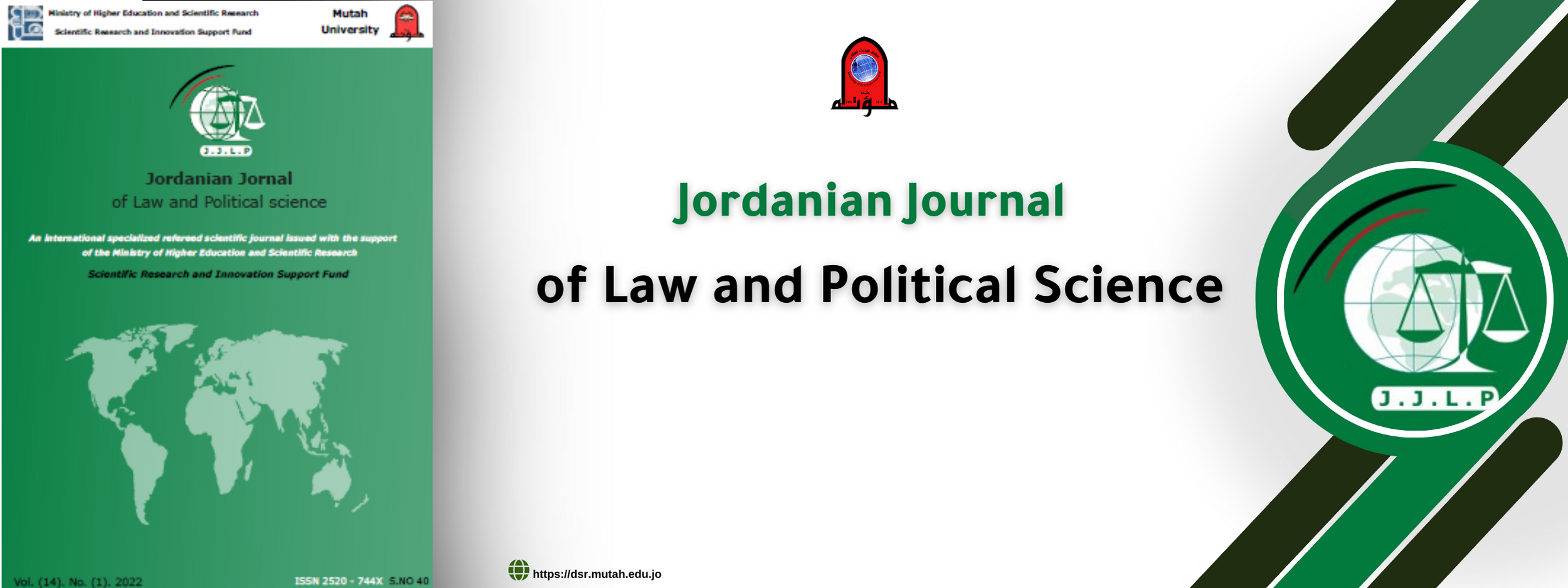Penal protection for digital money (A Comparative study)
DOI:
https://doi.org/10.35682/jjlps.v14i2.430Keywords:
Digital money, Criminal protection, Money crimesAbstract
After the digital currencies have become a reality, due to their spread and popularity as a result of technological development in the world of communications and the Internet, which calls for legal framing and existence of international legislative coordination and cooperation to regulate and protect dealing with them. In this study, the researcher tried to investigate the topic of penal protection for digital money from crimes against money, especially since digital money does not have a physical existence unlike traditional money, which raises the problem of absorbing traditional legal texts for crimes of theft, fraud and credit abuse, as Conventional rules embody money a tangible physical embodiment. This study came to examine the extent to which the traditional texts can absorb the crimes committed on digital money.
This study was divided into two sections: In the first sections, we presented what electronic money is, also it includes the definition of digital money, its characteristics the potential risks of digital money and the legal nature of digital money. The second topic is devoted to the penal protection of digital money. In this section, we discussed the legal obligations on the issuer of digital money as well as the legal regulation of digital money in Jordan, and some comparative legislation. In addition to that, this section investigate the possibility of applying the legal system of traditional money to digital money and to extent the obligatory regulations issued by banks and central banking institutions for banks and banking institutions issuing digital money.
Finally, this study concluded with a set of findings and recommendations on top of them is the need for legislative intervention at national level. in addition to that, framing the digital money with a legal framework that guarantees penal protection, also defines legal and technical obligations on its issuers, as well as, the identity of its dealers in a way that preserves their rights and preclude its use in terrorism and money laundering







